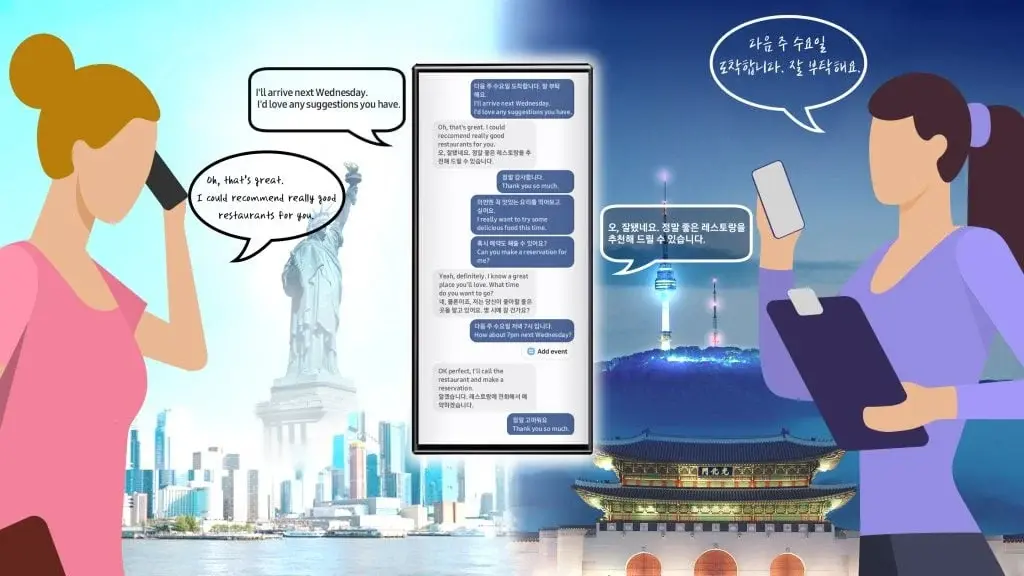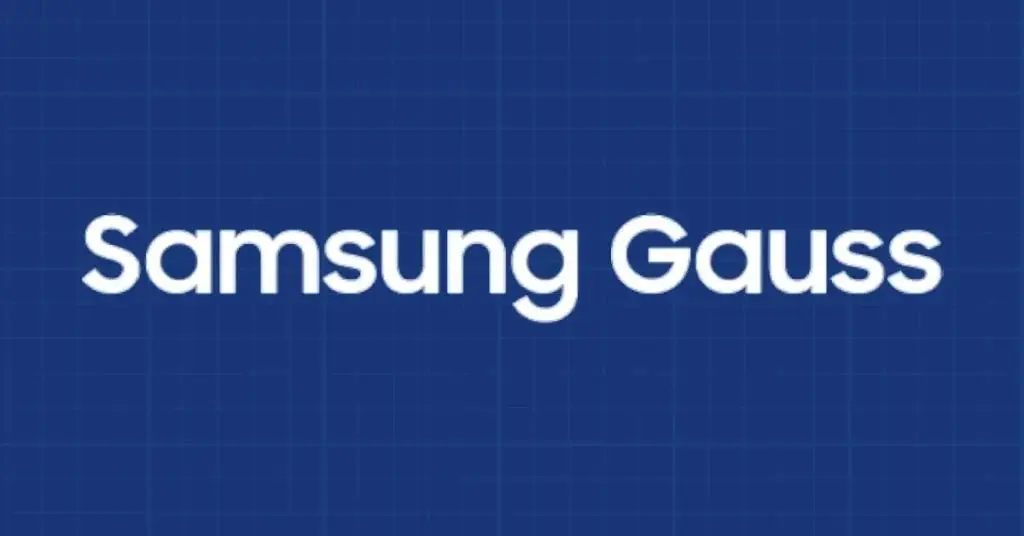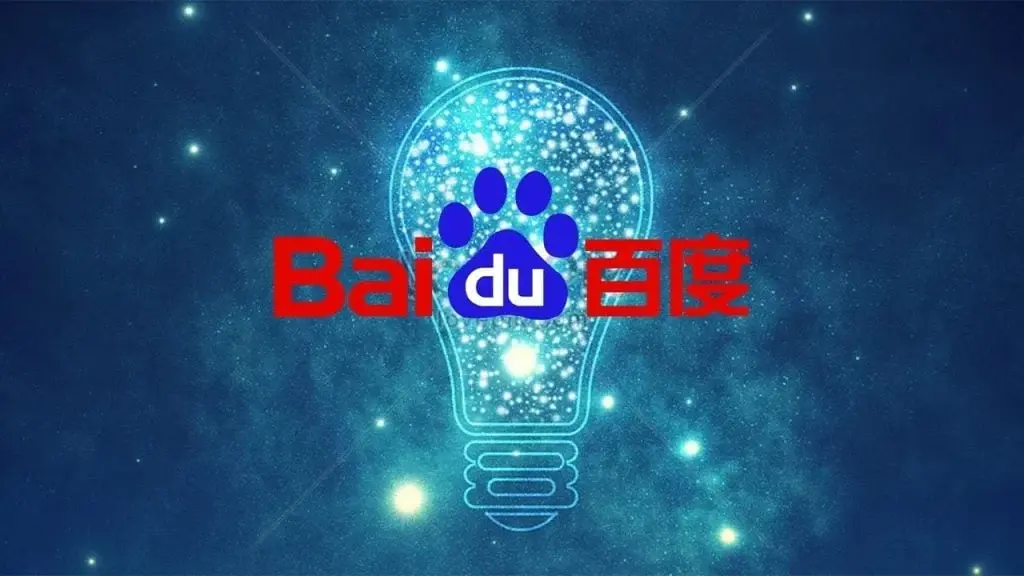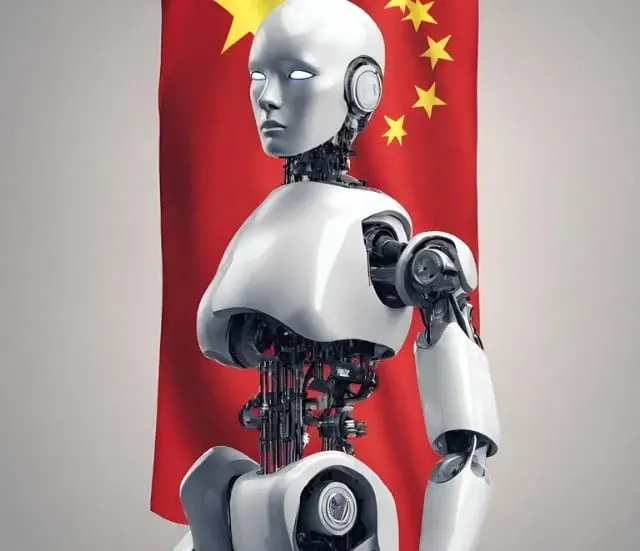Samsung has announced the Galaxy AI, an AI-powered initiative designed to enhance the user experience on its upcoming devices. According to the company, this comprehensive AI solution leverages both on-device AI developed by Samsung and cloud-based AI enabled through collaborations with industry partners, likely including companies like Microsoft and Google. As a result, Galaxy AI is poised to elevate various aspects of daily mobile usage, all while prioritizing security and privacy.
Galaxy AI: AI Live Translate Call
One of the key features of Galaxy AI is the AI Live Translate Call, which is expected to debut on the latest Samsung phones, potentially the Galaxy S24 series. This innovative function seamlessly integrates a personal translator into native call features, eliminating the need for third-party apps. It offers real-time audio and text translations during conversations, making communication with speakers of other languages as effortless as enabling closed captions for a TV show. To safeguard the privacy of conversations, Galaxy AI operates entirely on-device.
Samsung has confirmed that the Galaxy AI will launch in early 2024, suggesting that it could be first available on the Galaxy S24 series. A recent report indicates that the company may unveil the Snapdragon 8 Gen 3 / Exynos 2400-powered S24 lineup on January 17.
Wonjoon Choi, Executive Vice President and Head of R&D at Mobile Experience Business, emphasized the transformative potential of Galaxy AI. He stated, “Mobile technology has the power to connect people, boost productivity, and unleash creativity on a global scale, and Galaxy AI represents a comprehensive step in this direction.”
Samsung is not alone in its pursuit of AI-powered smartphones. Other leading smartphone brands are also developing their own AI models. It appears that in 2024, AI integration into smartphones will become increasingly prevalent as manufacturers strive to enhance user experiences and capabilities.










